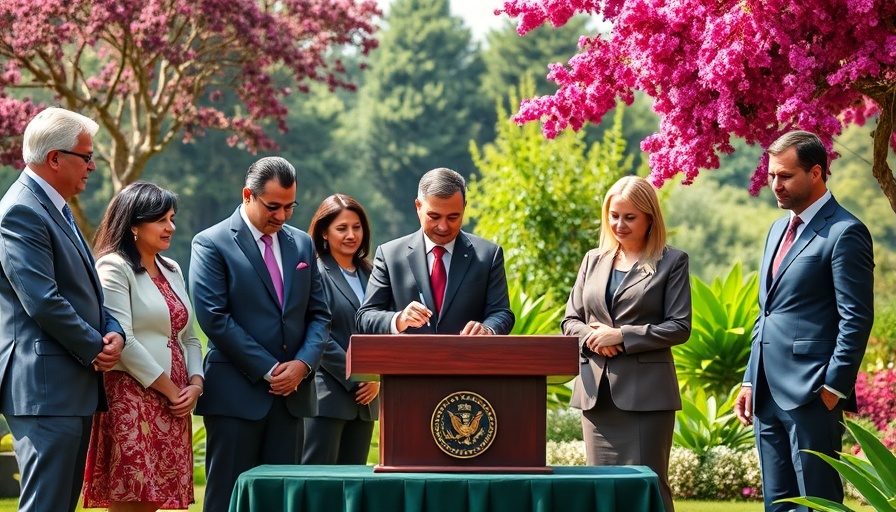
A Journey Through Christian Education
In this rapidly changing world, many families are seeking solace and unity through the teachings of Christianity. For numerous Christian faith-centered families, exploring great books offers not just an education but a deeper understanding of their beliefs and values. However, it has become crucial to realize that great books often need more than just passionate apologists to preserve their relevance and impact.
What Makes Great Books Essential?
Great books serve as timeless guides that teach not only knowledge but also wisdom. Stories like those found in the Scriptures provide dependable blueprints for life’s many challenges. Yet, as highlighted in significant discussions around classical education, these texts can only bear fruit when coupled with thoughtful engagement and authentic mentorship. Just as the Old Testament emphasizes the importance of teaching children the ways of the Lord, so too does the reading of great literature require not just reading but comprehending and applying the lessons.
Building Relationships Through Literature
For families aiming to cultivate strong relationships, exploring great literature can be a profound way of fostering connections across generations. When parents read inspiring stories with their children, they establish a shared foundation in faith and morals. This bonding experience helps younger generations grasp complex concepts through relatable narratives, thereby encouraging discussions that extend beyond mere reading. These connections strengthen the family unit, encouraging spiritual curiosity and unity.
Integrating Great Books with Christian Values
As families engage with classical texts, it is essential to view these works through the lens of Christian values. An approach woven with biblical teachings ensures that discussions around these books reflect a heart aligned with God’s principles. This duality harnesses intellectual engagement and spiritual growth, allowing faithful families to derive deeper meanings from literature that resonates with their values.
The Role of Mentorship in Classical Education
Effective mentorship remains pivotal in delivering the lessons of great books. When parents, teachers, or community leaders take the initiative to guide discussions around literature, the learning becomes more relatable and impactful. Just like Jesus modeled for His disciples, leaders in the faith community should actively engage in life conversations, demonstrating how literary wisdom can apply to modern life challenges.
Navigating Cultural Trends with Literary Guidance
Understanding and engaging with culture is not just about opposing it; instead, it requires a nuanced appreciation of its themes. Great literature offers perspectives that can help navigate these cultural trends, enabling families to discern God’s truths amid societal chaos. By incorporating classical works into family discussions, parents can instill critical thinking skills that encourage children to analyze and articulate their faith amidst contemporary challenges.
Encouraging a Lifelong Love of Learning
Introducing great books to young readers nurtures not only knowledge but a lifelong love for learning. Encouraging children to explore new ideas and perspectives not only enriches their worldview but opens doors to spiritual growth. By cultivating curiosity within a framework of biblical principles, families can foster a generation eager to engage with both faith and culture.
In conclusion, as families aim to share the wealth of wisdom found in great books, it is crucial to embrace the roles of mentorship, discussion, and cultural engagement. The real power of literature lies in its ability to bring diverse generations together, rooted in shared values and deepened understanding of God’s teachings. If you want to experience the richness of these discussions and the incredible benefits they bring to your family, start implementing these literary treasures into your lives today!
 Add Row
Add Row  Add
Add 








 Add Row
Add Row  Add
Add 

Write A Comment